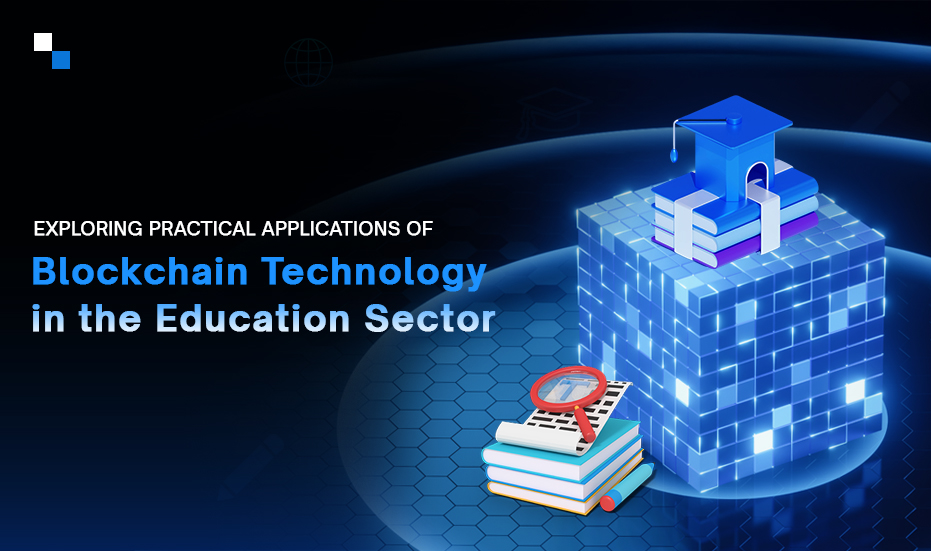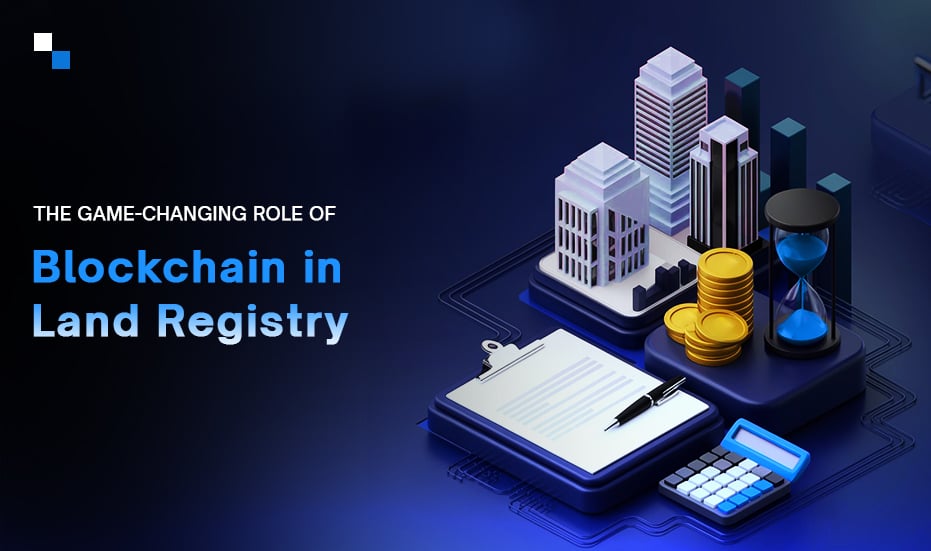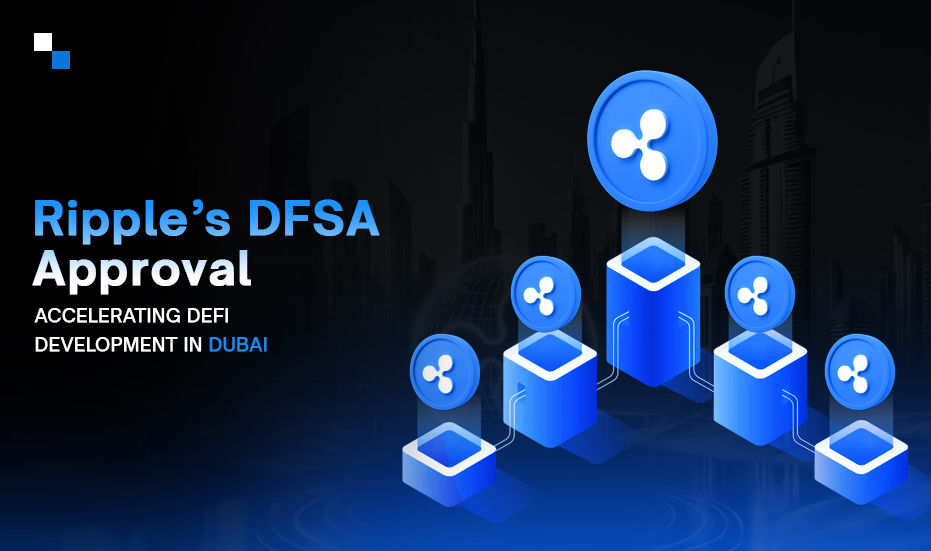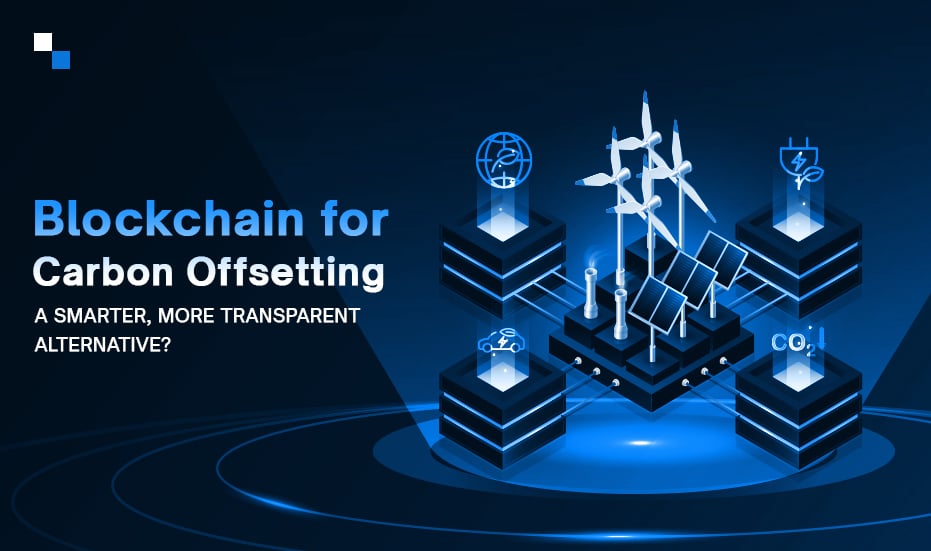
Why PAWS Migrated to Solana: What This Means for Blockchain Gaming & SocialFi?
March 28, 2025Blockchain has emerged beyond the domains of finance and cryptocurrency. This technology has become an instrumental solution across diverse sectors, including education. The educational sector faces numerous challenges, like certificate fraud, lack of transparency, inefficient verification processes, and complexities in maintaining secure, immutable records.
“An estimated 4.7 billion people worldwide have either obtained or been impacted by fake degrees, according to University World News.”
Also,
“According to the U.S. Department of Justice, in 2023, 7,600 fake nursing diplomas were issued by various South Florida-based nursing schools that operated under different names.”
These staggering statistics highlight the urgent need for solutions capable of effectively addressing such critical issues within the education sector. Blockchain, with its decentralized, transparent, secure, and immutable characteristics, can address these challenges effectively. How? Find out in this blog covering the significance of blockchain development for education sector and its real-world applications. The blog also highlights how educational institutions across the globe are already implementing this innovative technology.
Why Choose Blockchain to Address Challenges in the Education Sector?
Blockchain in education is considered a game-changer, as evidenced by recent statistics showcasing its growth:
Market Growth
The global blockchain in education market is projected to grow from USD 0.35 billion in 2024 to USD 9.39 billion by 2033, reflecting a compound annual growth rate (CAGR) of approximately 43.94%.
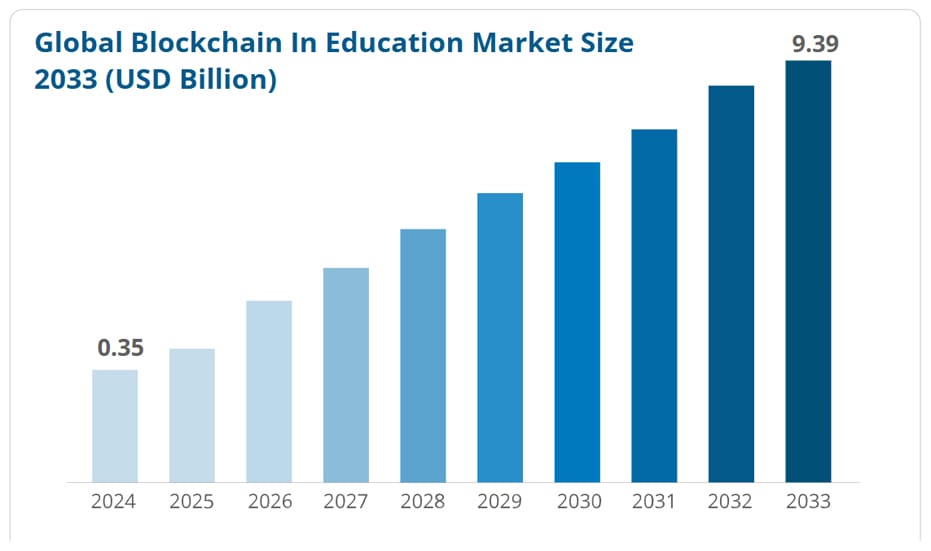
This statistic underscores that blockchain holds a brighter future as it is increasingly gaining the trust of universities and academic players with its capabilities of enhancing security, integrity, and efficiency within the education sector.
Explore the Real World Applications of Blockchain in Education
With these advantages in mind, let’s explore real-world blockchain applications in education sector.
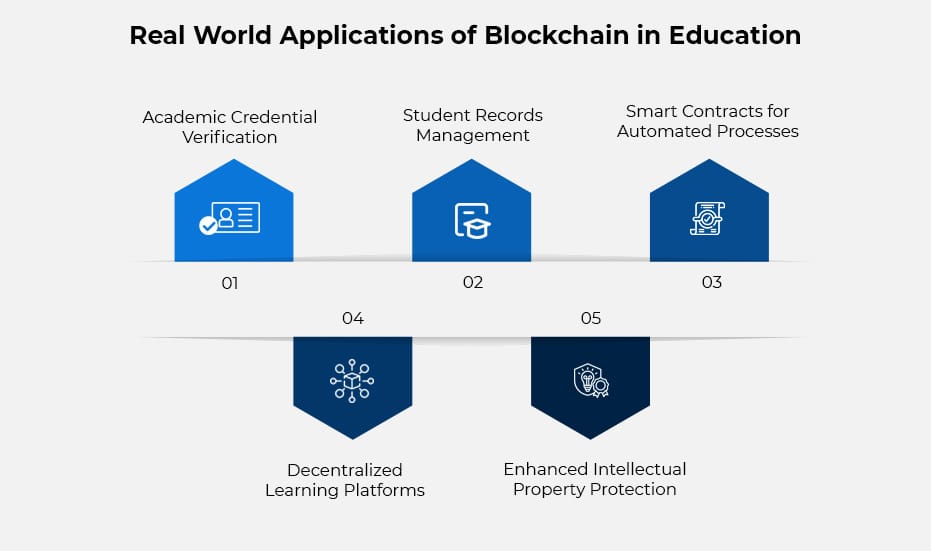
1. Academic Credential Verification
One of the most prominent blockchain applications in education is ease of verifying and managing academic credentials and certificates. As credentials are on a decentralized ledger, institutions can prevent fraud, eliminate fake degrees, and streamline verification processes.
Real-World Implementation:
- MIT Digital Diploma Project:
Massachusetts Institute of Technology (MIT) spearheaded an innovative blockchain credentialing system, “Blockcerts.” MIT uses blockchain to offer digital diplomas that can be verified instantly by employers worldwide. Graduates get secure digital diplomas on the blockchain, which anyone can verify instantly using cryptographic proofs. There is no need to contact the institution to verify the authenticity of diplomas. It significantly reduces verification delays and administrative burdens.
- OpenCerts, Singapore:
In Singapore, OpenCerts is a prominent government-led blockchain initiative providing tamper-proof digital certificates to students and graduates. Launched jointly by governmental bodies and educational institutions, OpenCerts allows educational certificates to be stored securely, shared seamlessly, and verified quickly.
2. Student Records Management
Blockchain provides educational institutions with secure, transparent methods for maintaining comprehensive student records, including academic achievements, extracurricular activities, and credentials throughout their academic journey.
Real-World Implementation:
Sony Global Education:
Sony Global Education developed a blockchain-based platform to securely store educational data. Their platform manages digital educational records, which allows institutions to store extensive student records safely and share with relevant parties, such as other institutions or potential employers, quickly and efficiently, with guaranteed authenticity.
3. Smart Contracts for Automated Processes
Blockchain solutions for education enable the automation of administrative tasks and contract management through smart contracts. Educational institutions can leverage smart contracts for various processes, including tuition payments, scholarship distributions, conditional access to educational resources, and verification of course prerequisites.
Practical Examples:
Scholarship Distribution and Tuition Management:
Educational institutions could employ smart contracts to automate scholarship distribution processes. These digital contracts will release funds only after students meet predefined academic criteria. Similarly, tuition fee payments could leverage blockchain-based smart contracts to automate transactions securely, reduce manual interventions, and eliminate financial discrepancies.
4. Decentralized Learning Platforms
Blockchain can facilitate decentralized, learner-centered platforms that promote open, transparent, and accessible education. Such decentralized educational platforms provide secure access to courses, certifications, and assessments, without geographic restrictions.
Real-World Implementation:
ODEM (On-Demand Education Marketplace):
ODEM is a decentralized blockchain-based educational marketplace that connects students directly with educators without any intermediaries. This platform seeks to make education more affordable, accessible, verifiable, and transferable.
BitDegree:
BitDegree employs blockchain to incentivize online learning through cryptocurrency tokens. It awards students upon successful completion of courses. This decentralized, blockchain-driven platform enhances motivation, accessibility, and transparency in online education.
5. Enhanced Intellectual Property Protection
Blockchain aids academic researchers and educational institutions by securely timestamping research, protecting intellectual property rights, and providing irrefutable proof of authorship and original discovery.
Real-World Implementation:
Ledger for Research Integrity:
Platforms such as ARTiFACTS leverage blockchain to protect researchers’ intellectual property. Research findings, data, and authorship are recorded immutably on such platforms, which further helps establish transparent collaboration and ensure proper attribution.

Prominent Benefits of Blockchain in Education
-
Increased Security and Privacy
One significant advantage of utilizing blockchain in education is enhanced security. The decentralized data storage and encrypted information significantly reduce vulnerability to hacking, data breaches, and unauthorized access. This ensures sensitive educational data remains secure and private.
-
Improved Data Transparency
Blockchain enables complete transparency in educational data management. Stakeholders can effortlessly access accurate, immutable records of credentials, accreditation, assessments, and learning achievements. Transparent systems foster greater accountability and trust among students, educators, institutions, and employers.
-
Cost Efficiency and Reduced Administrative Overhead
The current educational administration involves significant paperwork, manual verification, and resource-intensive record management. Smart contracts on blockchain automate processes that reduce the administrative burden, minimize costs, streamline processes, and improve overall efficiency.
-
Empowering Learners and Educators
Blockchain platforms enable secure, tamper-proof storage of learning records. Learners receive verifiable digital credentials, which they can share instantly with employers or institutions. There will be no third-party verification delays. Smart contracts automate certification processes, which reduces administrative work for educators.
-
Cross-border Accessibility
Blockchain facilitates secure and seamless transfer of credentials and academic records across borders. International students, institutions, and employers can benefit from standardized, verifiable credentials without tedious paperwork or lengthy validation processes, significantly enhancing global mobility and collaboration.
Conclusion
Blockchain development for education sector has emerged as a game-changer that revolutionizes the way academic records, certifications, and learning processes are managed. Real-world examples from MIT, Sony Global Education, and Singapore’s OpenCerts underscore blockchain’s significant potential and viability. With the growing years, the role of a blockchain use case in education is expanding. If you’re looking for an expert to assist you in building resilient, secure, and decentralized educational experiences through blockchain, Antier is the right name you can trust for your project.
Antier is a leading service provider of blockchain development for education, specializing in building comprehensive and customized solutions tailored to meet your unique requirements. With deep technical expertise, extensive industry experience, and a proven track record, Antier delivers end-to-end blockchain services, including blockchain consulting, smart contract development, decentralized applications (dApps), credential verification platforms, blockchain-based learning platforms, and more.
Contact us today to accelerate your journey toward educational transformation through blockchain.
